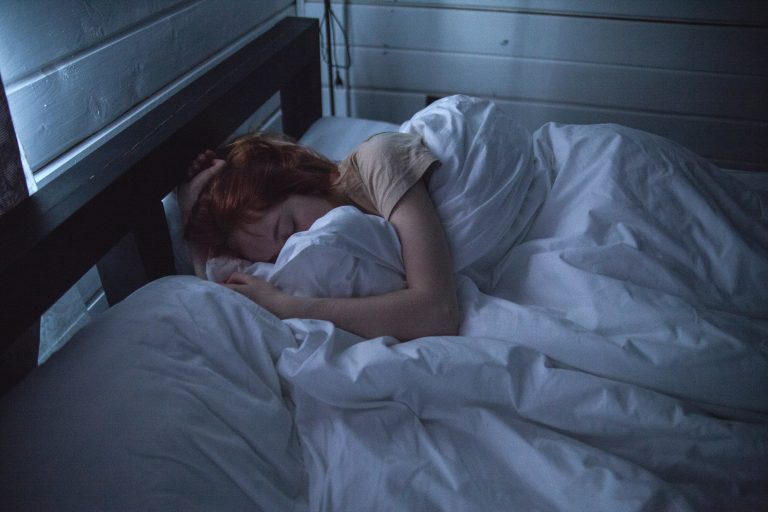If you have issues falling asleep or maintaining restful sleep, you are not alone. It’s estimated that approximately one in three Americans suffer from insomnia related symptoms, and roughly seven percent of us are diagnosed with insomnia. If you’re an addict in recovery, you are anywhere from two to four times as likely to suffer from sleeping difficulties.
Some trouble sleeping when recovering from addiction comes with the territory. For example, alcohol abuse can lead to issues such as sleep apnea, and those troubles can persist anywhere from a few days to years while in sobriety. Drugs/alcohol may have become ways to quiet yourself to sleep, and now that they have been removed, you’re having to train yourself in healthier ways to fall asleep. Even treatments and medication like methadone that are prescribed to help fight addiction can have a negative impact on your ability to sleep.
Sleep disorders have unfortunately been connected to higher rates of relapse. A lack of proper sleep could lead to anxiety, depression, difficulty dealing with poor decision making, and lack of control of emotions.
5 Tips for Better Sleeping after Rehab
As the causes of insomnia can be especially diverse and you might experience better results by trying more than one of the suggestions below. Some medications that are typically prescribed for sleep disorders can carry risks of addiction on their own, and other prescriptions may see little return so we’re focusing on changes you can make to your environment and behaviors.
Sleep Disorders and Exercise
One way to ensure you’re tired at night is to get physical activity of some sort during the day. Consistent exercise has been proven to improve duration and quality of sleep — particularly in subjects who kept up the practice for three or more months. It’s important to avoid too much strenuous activity prior to bedtime, however, because that can leave you feeling too energetic to drift off to sleep. Exercise plans that are long-term carry a whole host of other benefits as well including stress reduction. Considering stress can disrupt sleep patterns, you’re tackling the trouble on two fronts!
Stick to a Solid Sleep Schedule
It can be difficult for your body’s internal clock to develop a rhythm if you keep changing the beat. Try to keep steady sleeping and waking hours even on weekends and holidays. However, if you find yourself unable to fall asleep after 15 minutes, it’s best to get up and do something relaxing until you feel tired. Tossing and turning tends to fuel anxiety over sleeplessness which just results in more trouble falling asleep.
Don’t Let Diet Disrupt Your Dreams
Discomfort from overeating or hunger can also cause trouble at bedtime. Drinking too much water late at night can result in a few extra trips to the bathroom in the early hours. You should also avoid caffeine and nicotine later in the day as their effects can last several hours.
Make Your Bed (a Place for Sleep Only)
Avoid paying bills, web browsing or anything else on the computer, tablet or phone while in bed. Staring at a bright screen can warp your body’s perception of time according to some studies. Keeping your bed dedicated to sleep can train your body and mind to settle down when your head hits the pillow.
You can expand that strategy to the entire room at bedtime. Keep your cell phone in another room as it charges so you won’t be distracted by flashing lights or audible notifications. A white noise machine, small box fan or other device can be used to cover noises from appliances, ticking clocks and other potentially irritating sounds. If outside light is as problem, blackout curtains or a sleeping mask may help. Keeping a cool, dark, distraction-less environment is the goal.
Wind Down Before You Lie Down
Create a standard routine or ritual for the 30-60 minutes before you go to sleep each night. This is another way you can train your body and mind to settle into a sleep-ready rhythm. Curling up with a good book, practicing meditation or taking a warm bath are a few stress-free activities that can set your mind at ease.

